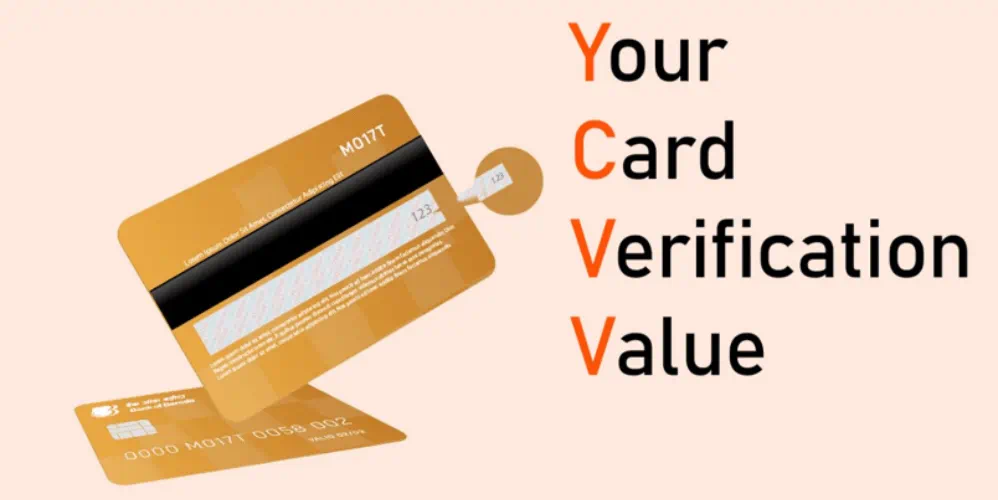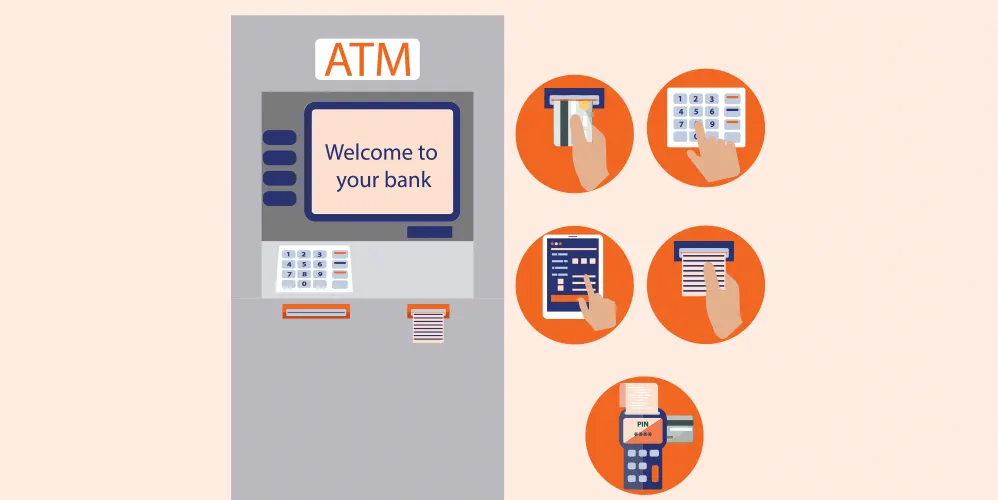
जानिए एफडी की ब्याज दरें बार-बार क्यों बदलती हैं
21 दिसम्बर 2022

Table of Content
Introduction
Fixed deposits are the favourite investment instruments for those who prefer assured returns and low-risk investments offered by banks. The interest rates in fixed deposits keep changing. We will help you understand why this happens and how this affect can your savings.
Are Fixed Deposit Rates Revised Frequently?
Fixed deposit rates inch up or go down depending on inflation. The Reserve Bank of India (RBI) loans money to commercial banks for a brief period at an interest rate called the repo rate. The increase in repo rate increases bank loan interest, which staggers credit retail. The interest rates on fixed deposits increases if repo rates are increased. Some banks, however, do not increase the deposit rate despite negative returns from the rising inflation as that can affect the bank's bottom line.
Why are FD Interest Rates Revised?
Those maintaining fixed deposits will notice that FD interest rates keep fluctuating. While the strongest reason for changing interest rates is the soaring rate of inflation, a closer look points to various other reasons.
Sufficient Liquidity:
If there is enough liquidity, banks don't rely on retail fixed deposits to stabilise their position, which they do in tight liquidity times by using their deposits.
Credit demand:
When the credit demand is high, banks increase deposit interest rates.
Call Money:
Banks resort to call money to fill asset-liability mismatch to meet CRR and SLR reserve, along with a sudden fund requirement from demand and supply of liquidity that further affects call money rates. When there is a tight liquidity condition it increases call money, affecting deposit rates.
Dropping fund cost:
Interest rates are cut by banks when their fund cost fall. Even if the interest rates are high, there is a revision of base rates, which are based on retail loans. Therefore, high-cost deposit rates are decreased.
Impact on NIM:
Muted credit demand impacts loan yields leading to banks dropping interest rates on fixed deposits as it affects their net interest margin (NIM).
What Should You Do in Case of FD Interest Rate Changes?
When the fixed deposit interest rates rise, it is across all tenures. Long-term FDs see a greater increase in interest rates as compared to short-term FDs. The interest rates are quite high at this time. Considering rising inflations, it is better to open a short-term fixed deposit account now. Once the inflation settles, long-term FDs will help you benefit better.
You can also ladder your FD by breaking a large deposit into small parts of different time gaps. This will help you gain periodic liquidity while taking advantage of the volatility in the interest rate. This will give investors better returns when they reinvest for longer terms
When there is high volatility, the tenure of fixed deposits should be short and when interest rates on deposits is high, the tenure of fixed deposits invested should be long. It is not a good idea to lock money for a long duration in debt instruments when inflation is high.
To Calculate Fixed Deposit Interest Amount you can use - FD Calculator
FAQs
Will the FD rates change with an alteration in the RBI MPC repo rates?
Yes, FD rates will change as RBI MPC repo rates alter. While some banks will increase FD interest rates, others will act more cautiously.
Will FD rates increase?
You might want to know when FD rates will increase. FD rates are already high and are likely to go higher, so this is the best time to open a fixed deposit account.
What is the most profitable time to open an account for FD?
Keeping a close watch on the interest rates is a good idea.As the interest rates increases, it is the most apt time to open FDs.
Popular Articles
Related Articles



What is CVV on a Debit Card? Understanding Its Importance and Security Features


How to Update Your FASTag KYC: Step-by-Step Guide for Online & Offline Methods




The Importance of Pension Funds: Secure Your Future with Steady Retirement Income

-
डिस्क्लेमर
इस लेख/इन्फोग्राफिक/चित्र/वीडियो की सामग्री का उद्देश्य केवल सूचना से है और जरूरी नहीं कि यह बैंक ऑफ बड़ौदा के विचारों को प्रतिबिंबित करे। सामग्री प्रकृति में सामान्य हैं और यह केवल सूचना मात्र है। यह आपकी विशेष परिस्थितियों में विशिष्ट सलाह का विकल्प नहीं होगा । बैंक ऑफ बड़ौदा और/या इसके सहयोगी और इसकी सहायक कंपनियां सटीकता के संबंध में कोई प्रतिनिधित्व नहीं करती हैं; यहां निहित या अन्यथा प्रदान की गई किसी भी जानकारी की पूर्णता या विश्वसनीयता और इसके द्वारा उसी के संबंध में किसी भी दायित्व को अस्वीकार करें। जानकारी अद्यतन, पूर्णता, संशोधन, सत्यापन और संशोधन के अधीन है और यह भौतिक रूप से बदल सकती है। इसकी सूचना किसी भी क्षेत्राधिकार में किसी भी व्यक्ति द्वारा वितरण या उपयोग के लिए अभिप्रेत नहीं है, जहां ऐसा वितरण या उपयोग कानून या विनियमन के विपरीत होगा या बैंक ऑफ बड़ौदा या उसके सहयोगियों को किसी भी लाइसेंसिंग या पंजीकरण आवश्यकताओं के अधीन करेगा । उल्लिखित सामग्री और सूचना के आधार पर किसी भी वित्तीय निर्णय लेने के लिए पाठक द्वारा किए गए किसी भी प्रत्यक्ष/अप्रत्यक्ष नुकसान या देयता के लिए बैंक ऑफ बड़ौदा जिम्मेदार नहीं होगा । कोई भी वित्तीय निर्णय लेने से पहले अपने वित्तीय सलाहकार से सलाह जरूर लें।
NPS रिटर्न –आपके लिए आवश्यक
प्रत्येक व्यक्ति आगामी वर्षों के दौरान अपने जीवन स्तर से समझौता किए बिना वित्तीय आजादी के साथ जीना चाहता है और पेंशन योजना के साथ ऐसा संभव है। प्रत्येक वृद्ध भारतीय नागरिक को सामाजिक सुरक्षा प्रदान करने के मिशन के साथ, भारत सरकार ने राष्ट्रीय पेंशन प्रणाली की शुरुआत की जाय जो किसी को स्वेच्छा से निवेश करने, बचत जमा करने और सेवानिवृत्ति पर वार्षिकी योजना के माध्यम से नियमित आय के रूप में एकमुश्त राशि प्राप्त करने की अनुमति देती है।
किसान विकास पत्र (KVP) – आवश्यक जानकारी
इंडिया पोस्ट द्वारा 1988 में शुरू किया गया,किसान विकास पत्र लोगों के भविष्य को सुरक्षित करने हेतु छोटी बचत को प्रोत्साहित करने के लिए एक बचत प्रमाणपत्र योजना है। जैसा कि नाम से पता चलता है, यह वैसे किसानों की सहायता के लिए तैयार किया गया था जिनके पास पारंपरिक बैंकिंग प्रणालियों तक पहुंच की कमी थी, लेकिन निवेशकों के बीच कोई अंतर नहीं किया गया है।

